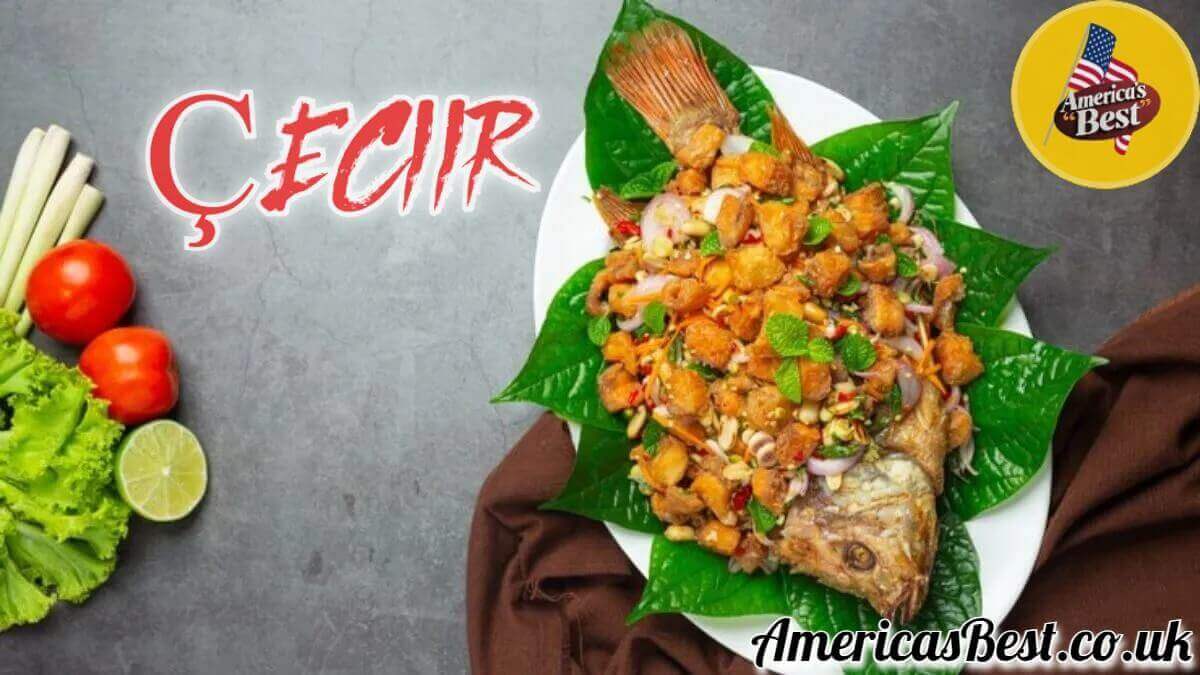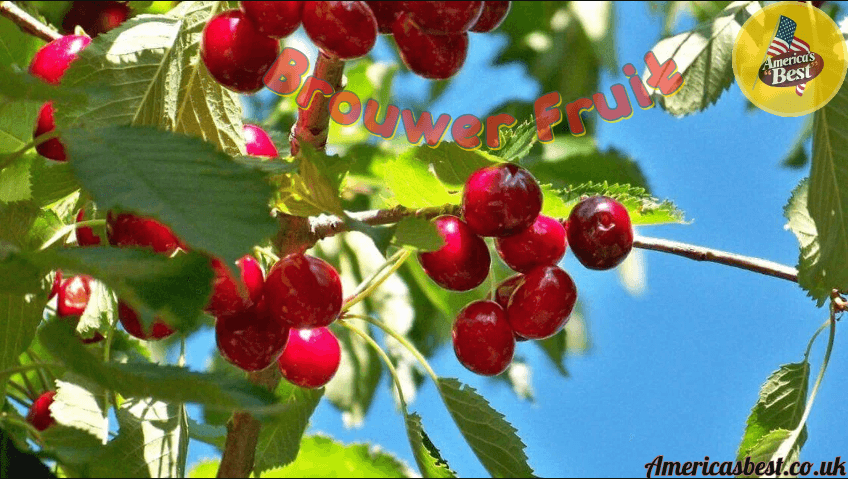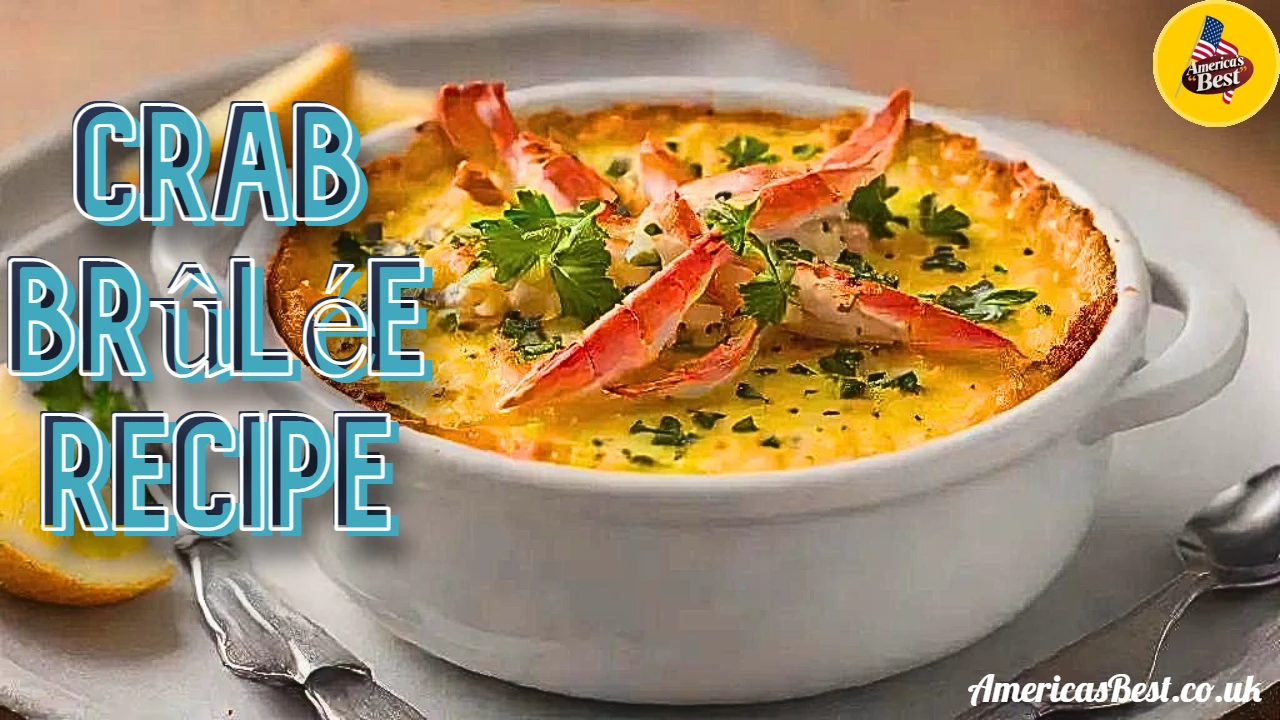Çeciir: Discovering the Essence of Turkish Food Traditions
Introduction:
Turkish cuisine is a true reflection of the country’s rich history, diverse geography, and strong cultural values.
At the heart of this culinary tradition lies a concept known as Çeciir, which embodies the essence of Turkish food traditions and the unique customs surrounding the preparation and sharing of meals.
In this article, we’ll dive into the intricacies of Turkish cuisine, exploring everything from the beloved street foods to the cultural significance of mealtime gatherings.
Read More: Lead In To Lingo: Everything You Need To Know 2024
Introduction to Turkish Cuisine
Turkish food is a mosaic of flavors, shaped by centuries of cultural exchange and the country’s unique position at the crossroads of Europe and Asia.
It’s known for its vibrant flavors, balanced use of spices, and a blend of influences from the Ottoman Empire, Mediterranean regions, and the Middle East.
Meals in Turkey are not just about sustenance; they are a social experience meant to be shared with friends and family.
Read More: g5335qt2u Datasheet PDF: A Comprehensive Guide 2024
Influences on Turkish Cuisine from History and Geography
Turkey’s location has allowed it to absorb influences from many neighboring countries. For centuries, Turkish cuisine has drawn from Persian, Arabic, Balkan, and even Central Asian traditions, evolving into a unique blend of flavors.
From the hearty meat dishes of the central Anatolian plateau to the lighter, vegetable-based cuisine of the coastal areas, geography plays a significant role in shaping what’s on the table.
The Role of Regional Diversity in Turkish Food
The diversity of Turkish cuisine is heavily tied to its regions. For example, the Aegean region favors olive oil-based dishes, while southeastern Turkey is known for its spicy and robust flavors, including kebabs and rich desserts like baklava. This regional diversity adds layers of complexity and tradition to Turkish food.
Read More: Iamnobody89757: Everything You Need To Know 2024
The Importance of Traditional Turkish Ingredients
Staple Ingredients That Define Turkish Cooking
Some ingredients are fundamental to Turkish cooking. Think yogurt, tomatoes, lamb, olive oil, and an array of legumes such as lentils and chickpeas. These simple yet versatile ingredients form the basis of many traditional dishes, creating meals that are hearty and wholesome.
Freshness and Seasonality in Turkish Ingredients
One of the hallmarks of Turkish cuisine is the emphasis on using fresh, seasonal produce. Turkish markets are filled with an abundance of fruits and vegetables, and this love for fresh ingredients is evident in the flavor of the food. Seasonal vegetables like eggplant, zucchini, and green beans often feature prominently in many Turkish meals.
Unique Spices and Herbs in Turkish Dishes
Spices and herbs play a critical role in Turkish cooking. From the earthy warmth of cumin to the bright zing of sumac, these flavors elevate dishes to new heights. Fresh herbs like parsley, dill, and mint are frequently used, adding freshness and vibrancy to everything from salads to soups.
Read More: Jablw.rv: Everything You Need To Know 2024
Iconic Turkish Dishes
Kebabs: The Heart of Turkish Meat Dishes
No conversation about Turkish food is complete without mentioning kebabs. Whether it’s the smoky, grilled meat skewers of a shish kebab or the succulent döner kebab, these dishes are a staple across the country. Each region has its twist on the kebab, making it one of the most versatile dishes in Turkish cuisine.
Börek and Other Pastries: Flaky Layers of Flavor
Turkish pastries, particularly börek, are renowned for their delicate layers of phyllo dough stuffed with cheese, spinach, or minced meat. These savory treats are often served as a snack or a light meal and are beloved for their flaky texture and rich fillings.
Meze: Small Plates with Big Impact
Meze, the Turkish version of appetizers, are small plates served before the main course and often shared among the table. These dishes range from creamy dips like hummus and baba ghanoush to grilled vegetables and fried seafood. Meze allows for a variety of flavors to be experienced in one sitting, making it a favorite part of Turkish dining.
Turkish Desserts: A Sweet Ending to Every Meal
Turkish desserts are world-famous for their decadence and use of syrup and nuts. Baklava, made with layers of phyllo dough, honey, and pistachios, is perhaps the most iconic. But there are also many other sweet treats, including künefe (a pastry with melted cheese and syrup) and lokum (Turkish delight), which are often paired with Turkish coffee.
Read More: Exploring the Mystery of U231748506 with Princess Zara
Turkish Breakfast: The Most Important Meal of the Day
Key Components of a Traditional Turkish Breakfast
Breakfast, or kahvaltı, is considered a feast in Turkish culture. A typical Turkish breakfast spread includes a variety of cheeses, olives, tomatoes, cucumbers, eggs, honey, jam, and of course, freshly baked bread. Accompanied by a strong cup of Turkish tea, breakfast is not just a meal but a time to slow down and connect with loved ones.
The Social Importance of Breakfast in Turkish Culture
In Turkey, breakfast is more than just the first meal of the day; it’s a social event. Families often gather around the table for a leisurely meal, especially on weekends. Sharing food and conversation over breakfast is seen as an essential part of daily life, reflecting the deep-rooted value of togetherness in Turkish culture.
Read More: Great Western Buildings Lawsuit: Complete Overview
The Art of Turkish Tea and Coffee
How Tea Became a Symbol of Hospitality in Turkey
Tea, or çay, is the lifeblood of Turkish social life. It’s offered as a gesture of hospitality in homes, workplaces, and even at local markets. Brewed strong and served in small tulip-shaped glasses, Turkish tea is more than just a drink; it’s a symbol of warmth and friendship.
Turkish Coffee: Brewing Tradition in Every Cup
Turkish coffee is a UNESCO-recognized cultural heritage and for a good reason. The rich, aromatic brew is prepared in a special pot called a cezve and is known for its thick texture and strong flavor. Sipping Turkish coffee is often accompanied by fortune-telling rituals, where the grounds left in the cup are interpreted as signs of the future.
Pairing Turkish Coffee with Sweets
The robust flavor of Turkish coffee pairs beautifully with the country’s many desserts, especially lokum. Serving Turkish coffee with a side of sweet treats is a tradition that adds a special touch to any social gathering.
Read More: DigitalNewsAlerts: Stay Informed in the Digital World
Seasonal and Festive Foods in Turkish Culture
Special Dishes for Religious Festivals like Ramadan
During Ramadan, special foods like güllaç, a milk and pomegranate dessert, are prepared to break the fast. Large feasts are common during the evenings, featuring a variety of soups, meats, and sweets that are often shared with neighbors and friends.
Food Traditions During Weddings and Celebrations
Weddings and other celebrations in Turkey often feature elaborate feasts. One of the most famous celebratory dishes is pilav, a rice dish often cooked with lamb or chicken and served at major events. These dishes symbolize abundance and are often prepared with great care.
The Significance of Local Harvest Festivals
Local harvest festivals celebrate the abundance of fresh produce and bring communities together. During these times, dishes highlight local ingredients, such as olives in the Aegean region or pomegranates in the southeast. These festivals are a celebration of Turkey’s agricultural heritage.
Read More: How to Get on the First Page of Google Search: A Guide
The Role of Hospitality and Sharing in Turkish Food Traditions
Sharing Meals as a Cultural Bond
Hospitality is central to Turkish culture, and food is often the medium through which it is expressed. Whether it’s inviting a guest into the home for a meal or offering food to a neighbor, sharing is a deeply ingrained tradition. Food, in this context, becomes a bridge connecting people and fostering a sense of community.
Turkish Table Etiquette: What to Expect as a Guest
When invited to a Turkish home, guests can expect to be offered an abundance of food, often more than they can eat. Politeness dictates that guests try a little of everything, and refusal may be taken as an insult. Turkish hospitality is generous, and meals are seen as a way to express care and warmth.
Read More: Chegg Expert Login | How To Signup and Login
Conclusion
Turkish cuisine is a celebration of flavor, history, and culture. From its iconic dishes to the importance of hospitality and sharing, Turkish food traditions offer a window into the soul of the country.
Whether you’re indulging in a hearty kebab, savoring a flaky pastry, or sipping a strong cup of Turkish coffee, you’re partaking in a tradition that has stood the test of time.



